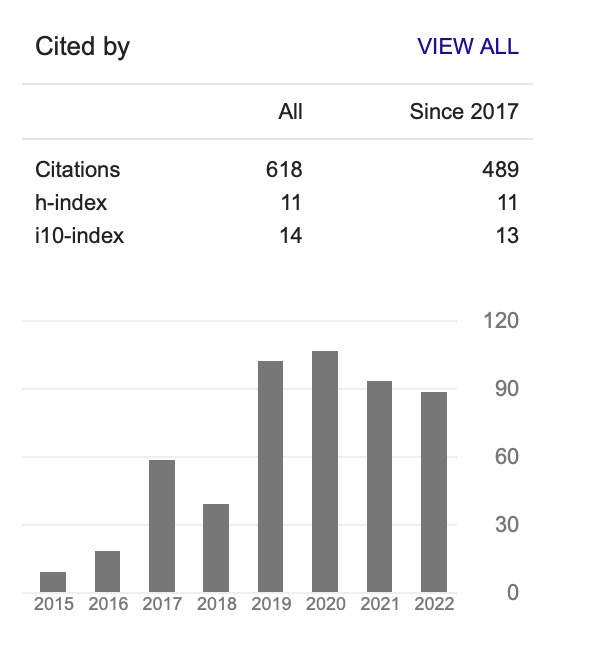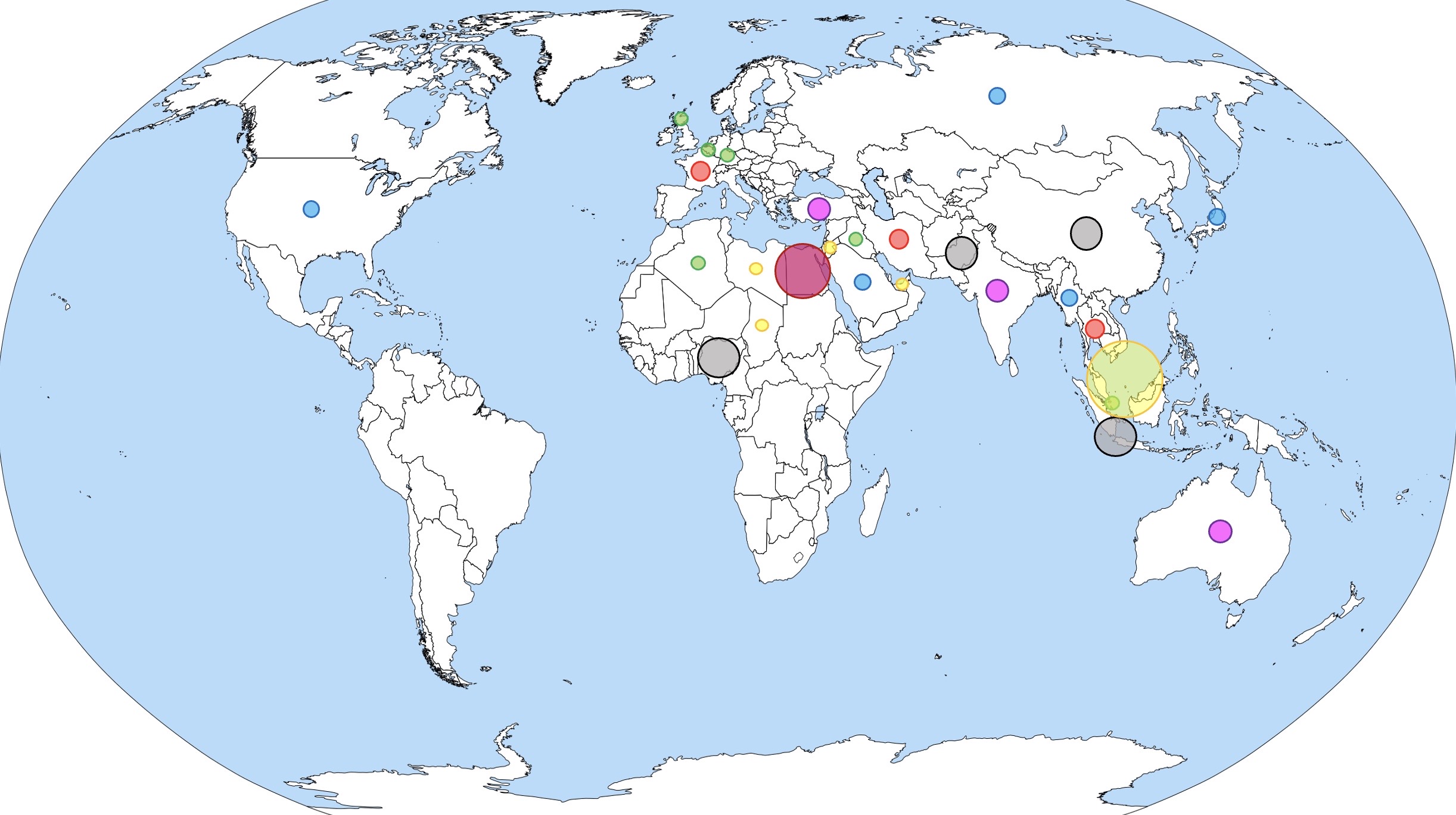Compressive Strength of Eco-Processed Pozzolan Concrete under Chloride and Sulphate Exposure
Keywords:
eco process pozzolan, sulphate attack, chloride attack, compressive strength, supplementary cementitious materialAbstract
Sulphate and chloride attacks on concrete are the notable issues in the field of durable concrete structures. Therefore, this study focused on the influence of Eco Process Pozzolan (EPP) ash on the strength performances of concrete exposed to sulphate and chloride environment. In this study the Ordinary Portland cement was partially replace with 10%, 20% and 30% of Eco process pozzolan ash by weight of cement and water to binder ratio of 0.45 was used in all concrete mixes. Eco process pozzolan is a solid waste generated from Spent bleaching earth after process of residual oil extraction was done. After demoulding samples were immersed in water for the curing period of 28 days. Afterwards, specimens were shifted in 3.5% Sodium chloride (NaCl) and 3.0% Sodium sulphate (Na2So4) solutions for additional curing periods of 7, 14 and 28 days. The short term effects of sulphate and chloride on the concrete were evaluated in terms of change in weight and variation in compressive strength. It was observed that the addition of EPP in concrete gives the lower loss of strength compared to the control mix when immersed in Sodium chloride and Sulphate chloride at the exposure period of 28 days. While, 10% of EPP has the lowest loss of strength compare to the other mix with EPP. This study suggests that 10% of EPP as supplementary cementitious material in concrete can reduce the negative effects of sulphate and chloride salts. The outcome of this study indicated that application of EPP as supplementary cementitious material in concrete increases the resistance against aggressive environment.








